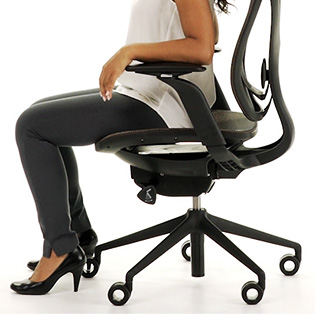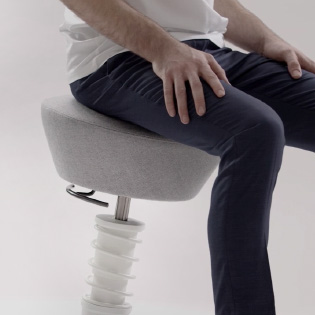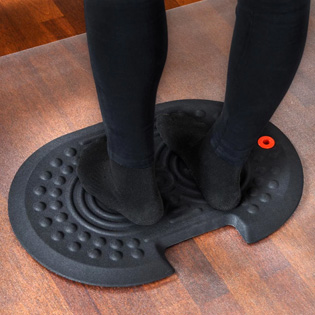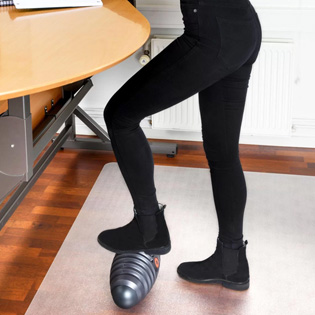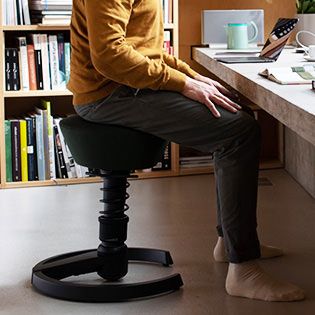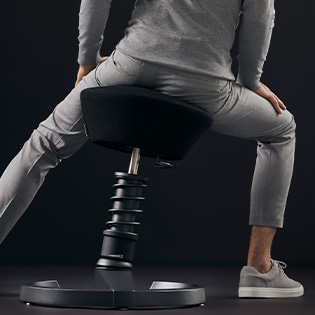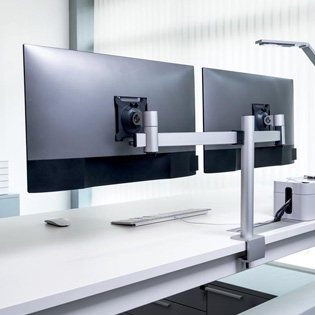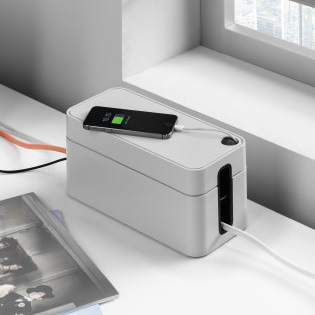Wellbeing Tips for Students Cramming for Tests
Cramming for tests is an inevitable part of student life. When there’s too much on your plate, you can’t help but pack all of your studying into a shorter period of time. Yet while there have been debates on its effectiveness, a CBE Life Sciences Education study on study habits discussed how cramming isn’t a predictor of success during exams. Instead, everything depends on the type of effort you put into studying.
So even though you work your hardest during all-nighters, it doesn’t take away from the fact that cramming is a high-stress situation. If you don’t care for your wellbeing, you won’t be able to put in your best effort, especially if you’re under pressure. Overlooking your health can also lead to sickness, meaning you might not be able to take your tests at all. With that said, here are some wellbeing tips for when you need to cram.
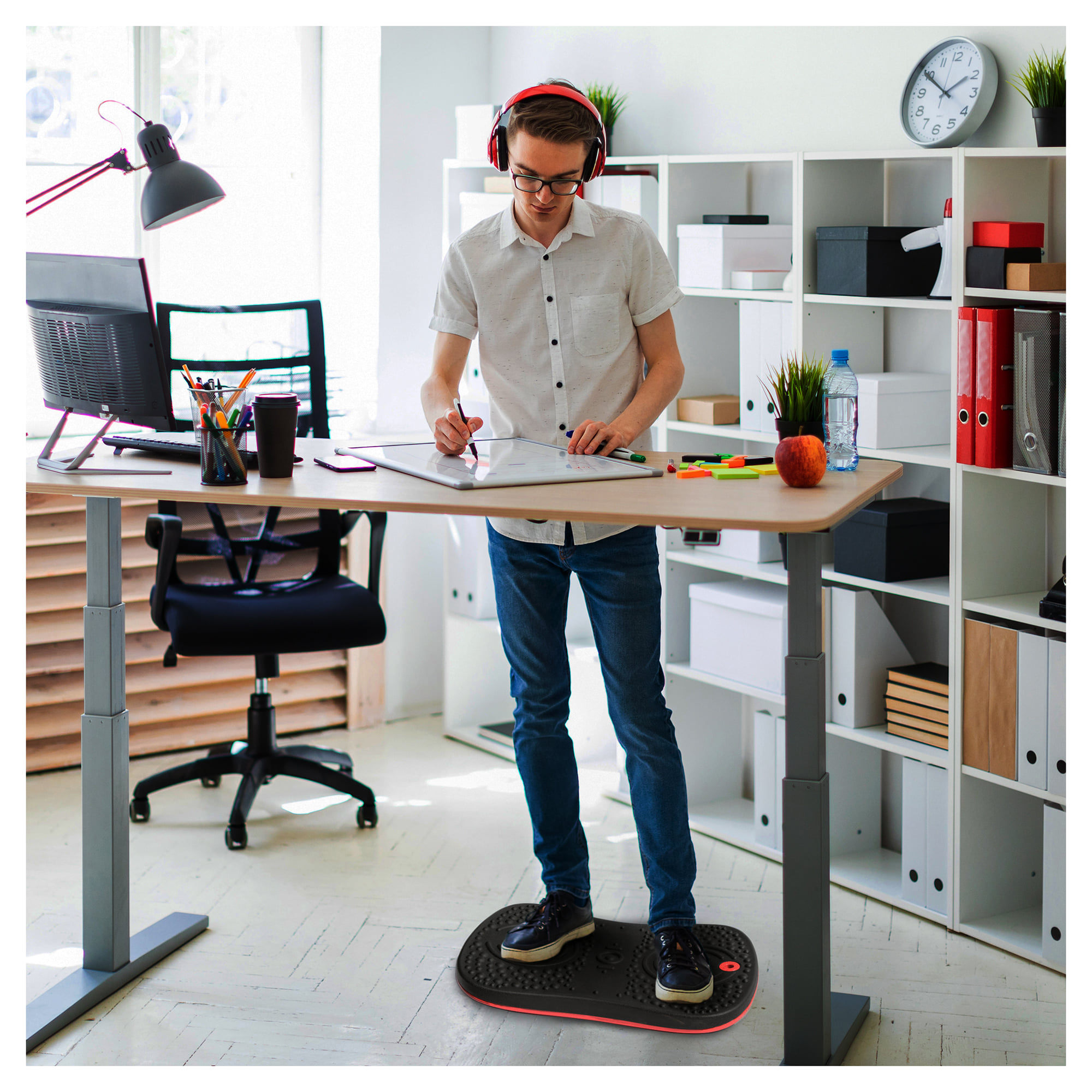

Eat healthy food
Your brain and body need nourishment to successfully retain information and keep up with your rigorous review sessions—so remember to eat healthy food when you cram. Greatist’s list of brain foods for studying particularly recommends berries to boost brain power and memory and nuts for better blood flow. You can also incorporate fish, broccoli, and leafy greens into your meals, since these improve memory performance. To ensure you eat, prepare your food before studying. You can store your meals in the fridge and reheat them during breaks. You can also try having healthy snacks in a container on your desk for easy access.
Maintain proper posture
Cramming means hunching over your notes or leaning closer to your computer for better focus. This can cause back pain and injury, distracting or preventing you from taking your tests. At https://ergify.com/ there are plenty of seating options to support your needs. For the user who needs to move the Aeris Swopper stool and Numo chair can provide a nice bounce to re-focus. If you prefer the extra support for a chair with back and arms- The Run2 and Onda chairs by Via are the perfect support. Your posture will perfectly align to your hips and shoulders allowing deep stretching and better leg blood flow.
The body strain pain is real and can be distracting. If you need support, our post “Why You Should Spruce Up Your Workspace and How You Can Do It” recommends using ergonomic accessories. A great investment is a laptop stand or monitor arms found in the Ergify accessories section. The classic signs you are not utilizing a ergonomic space are numbness, cramps, and pain in body parts like the shoulders. Ergify provides FREE ergonomic consultations if you would like to learn more.


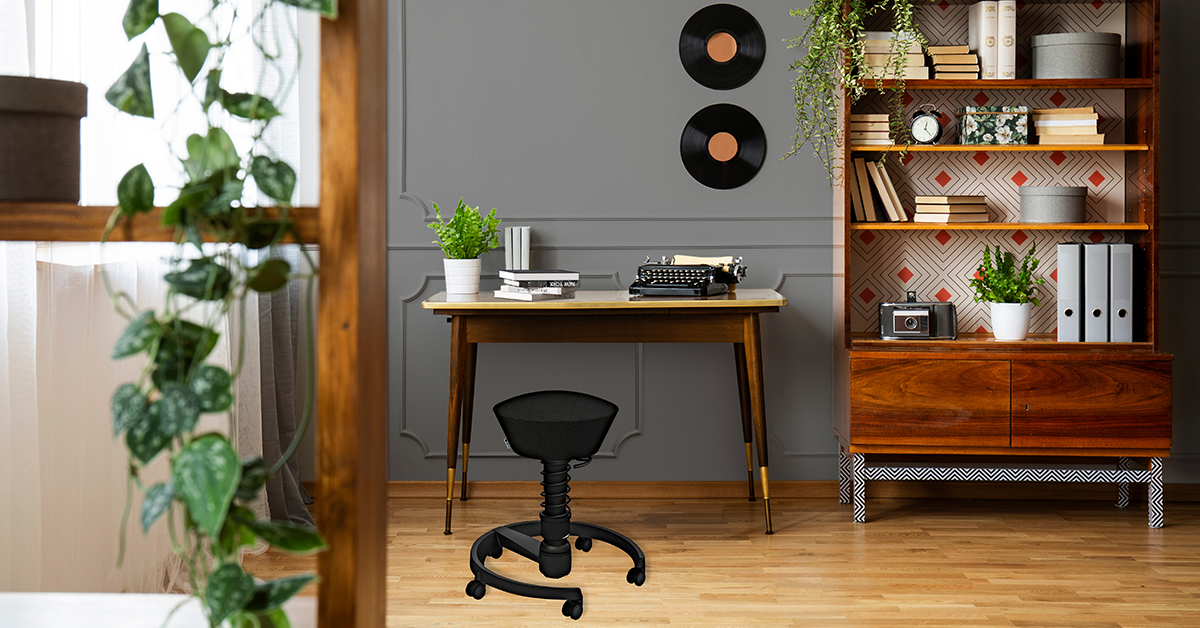
Monitor your caffeine intake
Coffee and energy drinks are the go-to for countless cramming students wanting caffeine to keep them awake. Still, you should limit caffeine intake because it may harm your health. Verywell Health’s piece on caffeine’s side effects and risks warns that too much of this stimulant can result in headaches, anxiety, and chest pains. Therefore, keep your caffeine intake at the recommended level. Adults shouldn’t have more than 400 mg of caffeine daily, which is around 4-5 cups of coffee. Meanwhile, teenagers must not have more than 2.5 mg of caffeine per kilogram of body weight. For instance, a 60 kg teenager can’t have more than 150 mg. If you’ve already had too much caffeine, drink water and take a walk to help diminish its effects.

Get some sleep
You might be tempted to pull an all-nighter to cover multiple topics over a single cram session. However, this is not advisable. Studocu’s guide on how to cram for a test reveals that cramming causes a high level of stress and can negatively affect your health, leading to burnout or sickness. This is why you must make sure you get some sleep. Not only will you feel well-rested, but you’ll also improve your memory by 40%. Ultimately, you’ll be putting yourself in a better position to perform well while studying and taking tests. At the very least, get 3 hours of sleep. Aside from limiting your caffeine intake, try to put your review materials away from your bed so you can focus on sleeping better.
Cramming is often inevitable. If you need to do it, you can use the tips above to take care of your wellbeing—and set yourself up for success when taking tests and exams.
Written by Raine Eser
